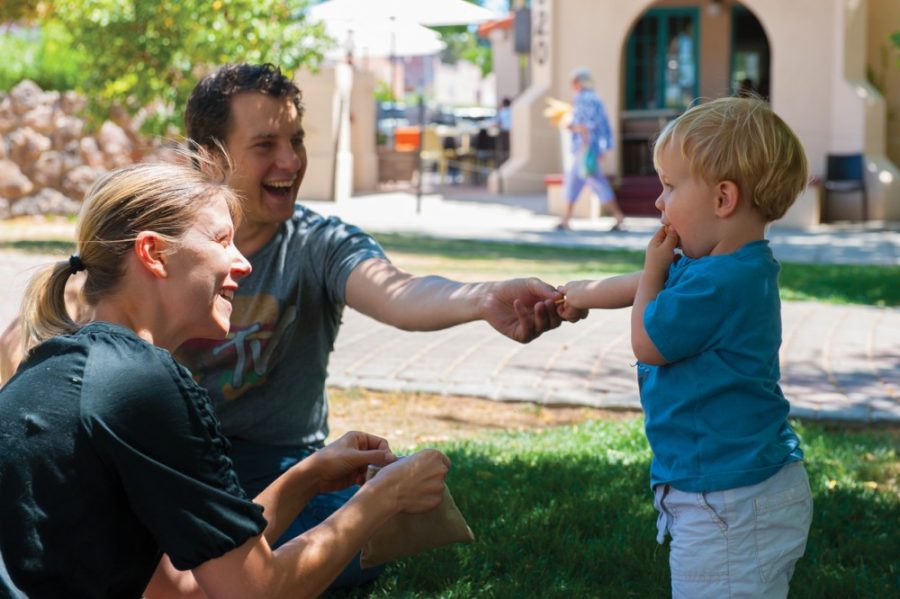A study conducted by statewide university researchers is shedding light on the benefits of early childhood care and education, and Arizona parents’ motives for using such programs.
First Things First commissioned and funded the Arizona Child Care Demand Study, which was conducted by a team of researchers from the UA, Arizona State University and Northern Arizona University, including Douglas Taren, lead researcher of the study, the UA associate dean of academic affairs and a professor of public health. The study demonstrated “how urgent the need is for better early care and education options for Arizona’s families.”
Since its publication, the report of the study’s findings has been disseminated to the statewide FTF board, regional partnership councils and early childhood stakeholders, said Liz Barker Alvarez, communications director for FTF. Early child care services will then use the information to better service parents seeking early childhood care for their children, Barker Alvarez said.
Incorporating more than 1,300 interviews from Arizona parents with children not yet in kindergarten and younger than 6 years old, the data generated both statewide and regional reports that found that parents use a “patchwork” of arrangements to raise children. This “patchwork” makes use of a network of several resources for upbringing, such as childcare centers, early education, family members and friends.
“Most families appear to do what’s called a network … ‘One day he goes to Aunt Edis. The next day I stay with him until I go to class and then my mom comes over and stays with him while I’m in class and then when my dad gets home, he takes care of him until I get out of class,’” said Mary McLellan, a Northern Arizona University professor and co-principal investigator for the study. “There’s this network that they use that can be very, very complicated, but they kind of make it work.”
According to the survey-based research, key factors that play into decisions about early childhood care by Arizona parents are safety, cost, quality and accessibility. The 11-volume report added that investing in such decisions pays dividends as children mature.
“A number of rigorous, large-scale research studies have shown that over time, public investments in early care and education pay off many times over in the form of lower special education costs, lower crime rates, lower welfare enrollments, increased worker productivity and higher tax revenue,” according to the report.
Additional areas where children benefited from “high-quality early care and education programs”
were lower teen pregnancy rates and greater success in work, high school and college.
Similarly to college, early child care and education programs are an investment, which can be a financial burden.
“You have to plan for these pretty high expenses for early child care and for preschool,” Taren said. “I think the financial aspects, just like the financial aspects of college, is it’s expensive to have children, and one needs to plan for that.”
Some researchers commented on the benefits of the study and the collaboration between the state universities.
“I’m still very excited by our data,” said Beth Swadener, co-principal investigator for the study and professor at the ASU School of Social Transformation. “I think it’s one of the most comprehensive studies of child care demand and that we all collaborated — NAU, U of A and ASU — as colleagues very well. I’m very proud of the 11 reports that we produced.”









